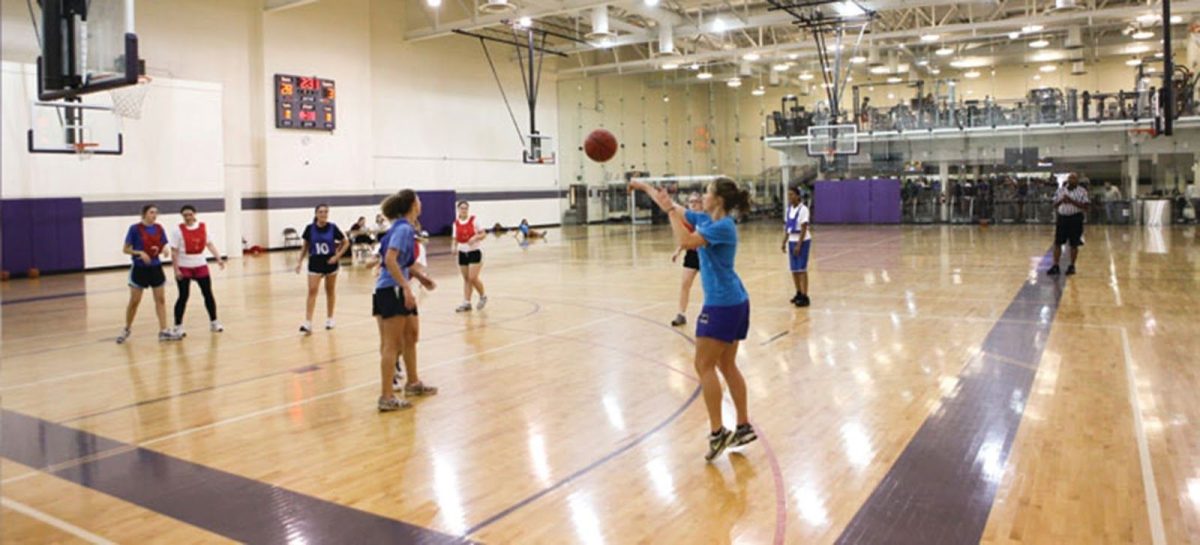
There seems to be a never-ending list of complaints and suggestions regarding the Herman W. Lay Physical Activities Center (PAC). Rumblings of longer hours, newer equipment and extensions to the already existing space are frequently mentioned. These suggestions were brought up at the Student Government meeting earlier this month, and despite the massive progress that the PAC has made this past year, there are still pushes for change.
The most substantial addition to the PAC that began this month was the addition of swipe access for health sciences majors. Now, if students want to use the anatomy labs early before a test, or late at night, they now have 24-hour clearance.
While students and SGA members alike would love 24-hour access for every part of the PAC, that remains to be only a request. Since last year, the PAC hours have already been extended by a few hours. Jessica Norum, campus recreation representative, said that if the hours were to be extended again, that they would only go an hour further — not to twelve, however, despite a demand for midnight basketball. An additional court is also not in the budget, much to the dismay of those who frequent the gym.
Other requests, such as longer hours for the pool to match the regular hours of the PAC, have faced logistical difficulties. There must always be a lifeguard on duty, and keeping one on-duty this long would be too expensive. This same problem exists for another idea to improve the PAC: a trainer for injured non-athletes. According to Norum, the divide between cost and demand is simply too great.
Most of the changes, such as new equipment, appear to SGA to have gone unnoticed. Since last year, the PAC has added or replaced four spin bikes, a seated row machine, an ab machine, new kettlebells and dumbbells, to name a few.
However, despite this, according to Owen McFadden, director of campus recreation, there has been a continued effort to improve the PAC as much as possible. One potential idea that Furman students could soon see come to fruition is the addition of an ice machine for injured athletes. McFadden says that the major hurdle to this improvement revolves around space and finding a water source, but if all goes as planned, the new ice machine will most likely be available either this summer or next academic year.
Overall, the PAC has had a major year of improvements regarding hours, accessibility and equipment, with many more changes slated to come next year.




































